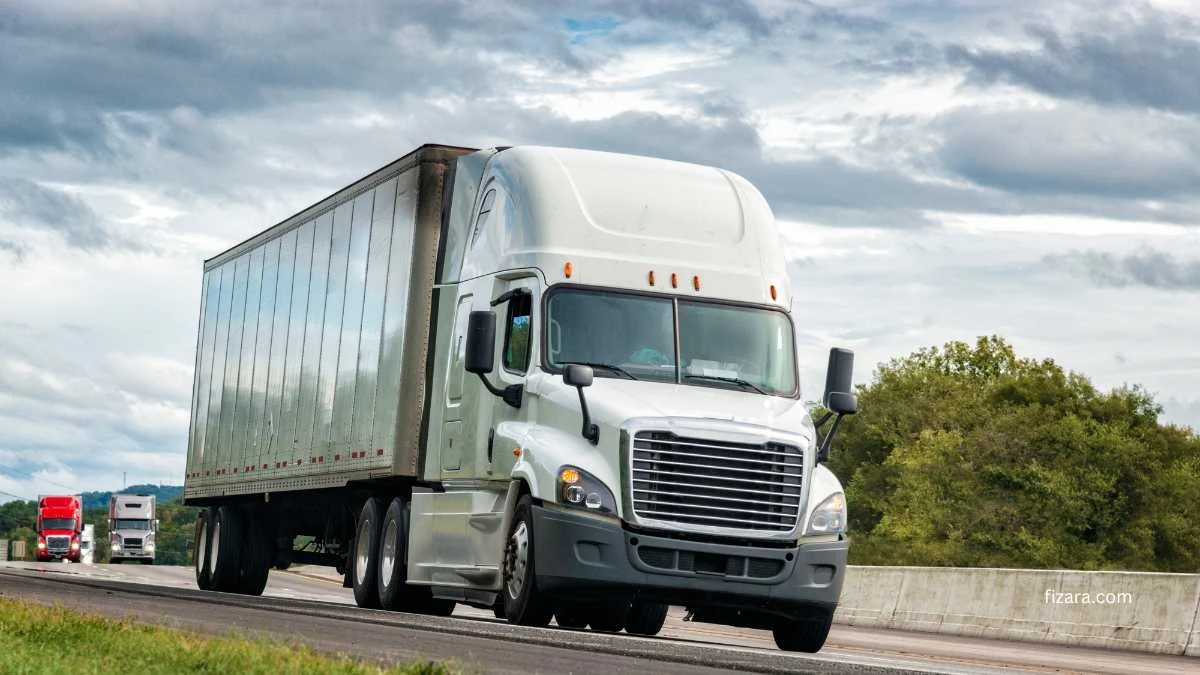In the vast landscape of transportation and logistics, USA specialty trailers play a pivotal role in ensuring the efficient movement of a wide variety of goods. From oversized industrial equipment to delicate, temperature-sensitive items, these specialized trailers are designed to meet unique transport needs that standard trailers cannot accommodate. Here, we will delve into the world of USA specialty trailers, exploring their different types, uses, and the benefits they offer to various industries.
Understanding Specialty Trailers
Specialty trailers are custom-built to handle specific types of cargo that require unique transportation solutions. Unlike conventional trailers, these trailers are tailored to meet the specific requirements of the cargo they carry, ensuring safety, efficiency, and compliance with regulatory standards.
Types of Specialty Trailers
Flatbed Trailers
Flatbed trailers are one of the most common types of specialty trailers in the USA. They feature an open deck design, making them ideal for transporting oversized or oddly shaped items that cannot fit into standard enclosed trailers. Construction materials, machinery, and large vehicles are often transported using flatbed trailers due to their versatility and ease of loading and unloading.
Refrigerated Trailers (Reefers)
Refrigerated trailers, or reefers, are essential for transporting perishable goods that require temperature control. These trailers are equipped with refrigeration units that maintain a specific temperature range, ensuring that goods like food, pharmaceuticals, and flowers remain fresh throughout the journey. In the USA, the demand for refrigerated trailers is particularly high due to the extensive distribution of perishable items across vast distances.
Lowboy Trailers
Lowboy trailers are designed to transport heavy, oversized loads such as construction equipment and machinery. They have a lower deck height compared to other trailers, allowing them to carry taller items while adhering to height restrictions on the road. This makes lowboy trailers indispensable for industries that deal with heavy-duty equipment.
Tank Trailers
Tank trailers transport liquids, gases, and bulk materials. They are constructed with specialized materials and designs to ensure the safe and efficient transport of hazardous and non-hazardous substances. In the USA, tank trailers are commonly used in the chemical, oil, and agricultural industries.
Dry Van Trailers
Dry van trailers are enclosed units that provide protection from the elements, making them suitable for transporting goods that do not require refrigeration. They are widely used in the retail and manufacturing sectors for moving consumer goods, electronics, and other non-perishable items.
Benefits of Using Specialty Trailers
Specialty trailers offer numerous advantages over standard trailers, particularly when it comes to transporting unique or sensitive cargo. Here are some key benefits:
Enhanced Safety
Specialty trailers are designed with safety in mind, incorporating features that secure cargo and prevent accidents during transit. For example, flatbed trailers often include tie-down points and tarps to secure oversized loads, while refrigerated trailers maintain precise temperature control to prevent spoilage.
Increased Efficiency
By using the right type of specialty trailer for the job, businesses can streamline their transportation processes and reduce the risk of damage to goods. This leads to faster delivery times and lower operational costs, as there is less need for additional handling or repackaging of items.
Regulatory Compliance
Transporting certain types of cargo requires adherence to strict regulatory standards. Specialty trailers are built to meet these standards, ensuring that businesses remain compliant with federal and state regulations. This is particularly important for industries that deal with hazardous materials or oversized loads.
Versatility
The wide range of specialty trailers available in the USA means that businesses can find the perfect solution for virtually any transportation challenge. Whether it’s moving fragile electronics, bulky construction equipment, or liquid chemicals, there is a specialty trailer designed to handle the task.
Choosing the Right Specialty Trailer
Selecting the right specialty trailer for your transportation needs involves considering several factors, including the type of cargo, distance, and regulatory requirements. Here are some key considerations to keep in mind:
Cargo Type and Size
The nature of your cargo will dictate the type of specialty trailer you need. For example, if you’re transporting perishable goods, a refrigerated trailer is essential. For oversized equipment, a flatbed or lowboy trailer may be required.
Distance and Route
The distance and route of your transportation also play a role in determining the right trailer. Long-distance hauls may require trailers with advanced features like GPS tracking and enhanced safety systems to ensure the safe delivery of goods.
Regulatory Compliance
Ensure that the specialty trailer you choose meets all regulatory requirements for your cargo. This is particularly important for transporting hazardous materials or oversized loads, where specific regulations must be followed.
Budget and Cost
Consider your budget and the total cost of ownership when selecting a specialty trailer. While specialized trailers may have a higher upfront cost, their efficiency, safety features, and compliance with regulations can result in long-term savings.
Conclusion
USA specialty trailers are an integral part of the transportation and logistics industry, providing tailored solutions for a wide range of cargo types. By understanding the different types of specialty trailers and their specific uses, businesses can optimize their transportation operations, ensuring safe, efficient, and compliant delivery of goods. With continuous advancements in technology, the future of specialty trailers looks promising, offering even greater benefits to industries that rely on these essential transportation tools. Whether you’re in construction, agriculture, manufacturing, retail, or the oil and gas sector, there is a specialty trailer designed to meet your unique needs and help you navigate the complex world of logistics with ease.









